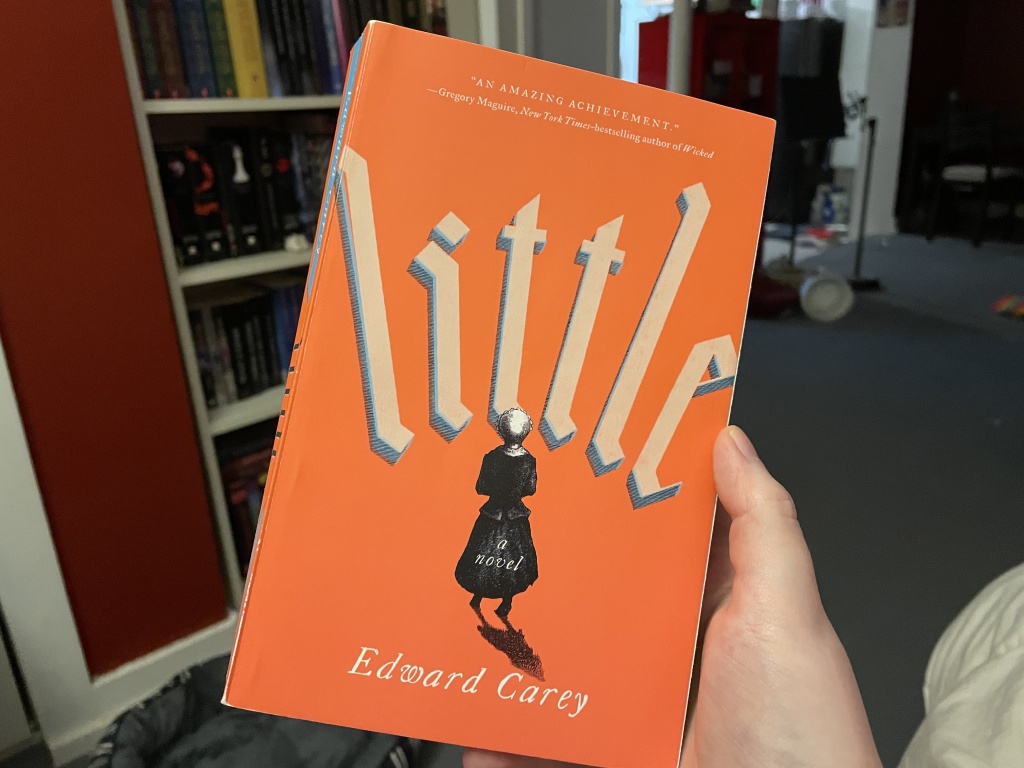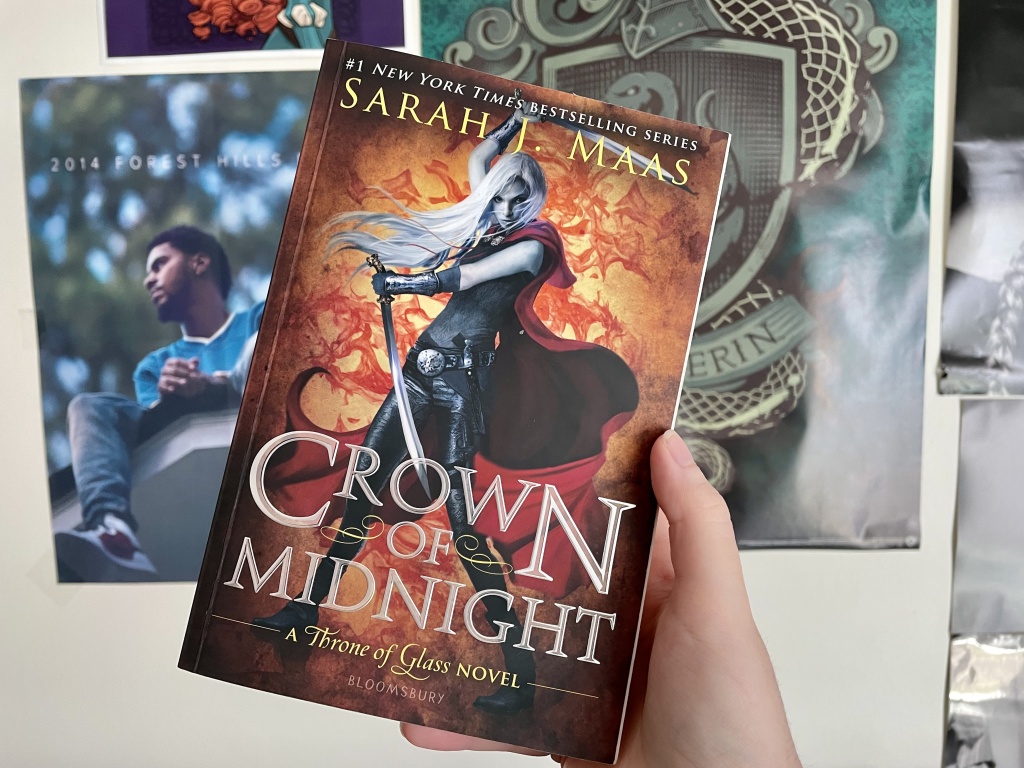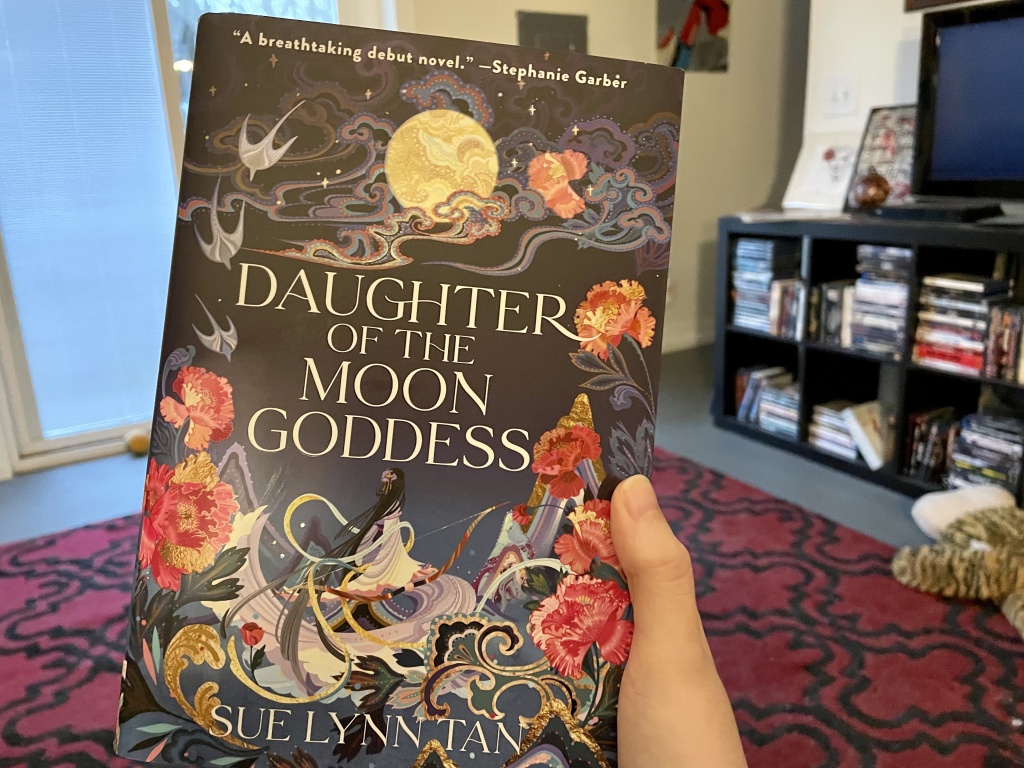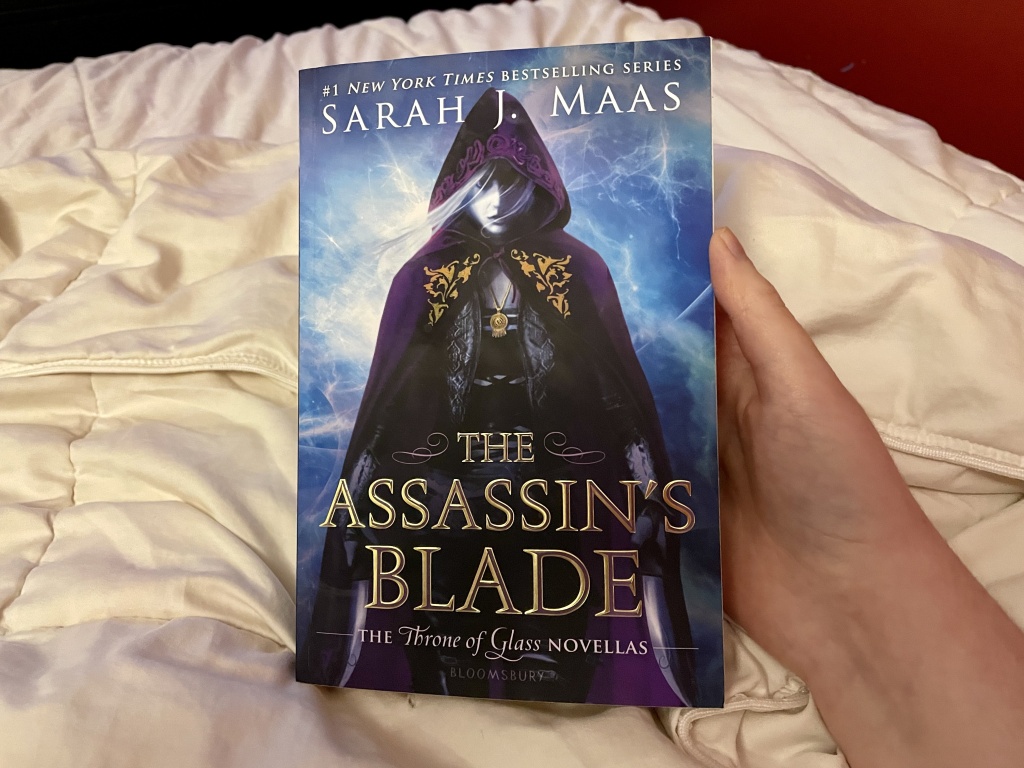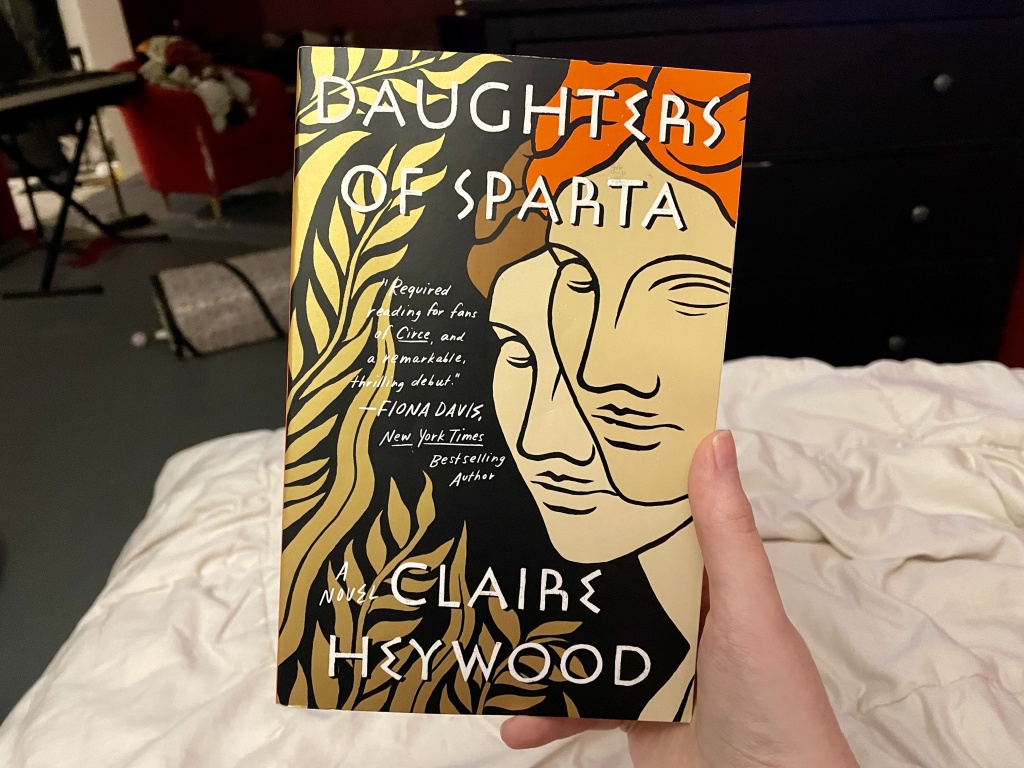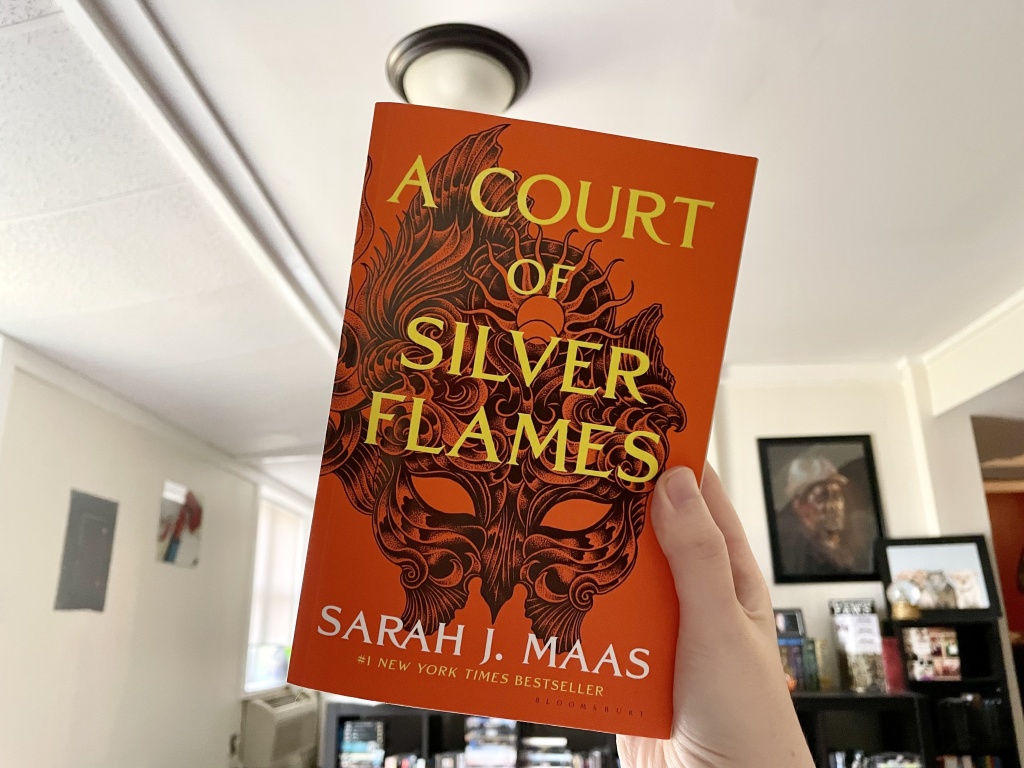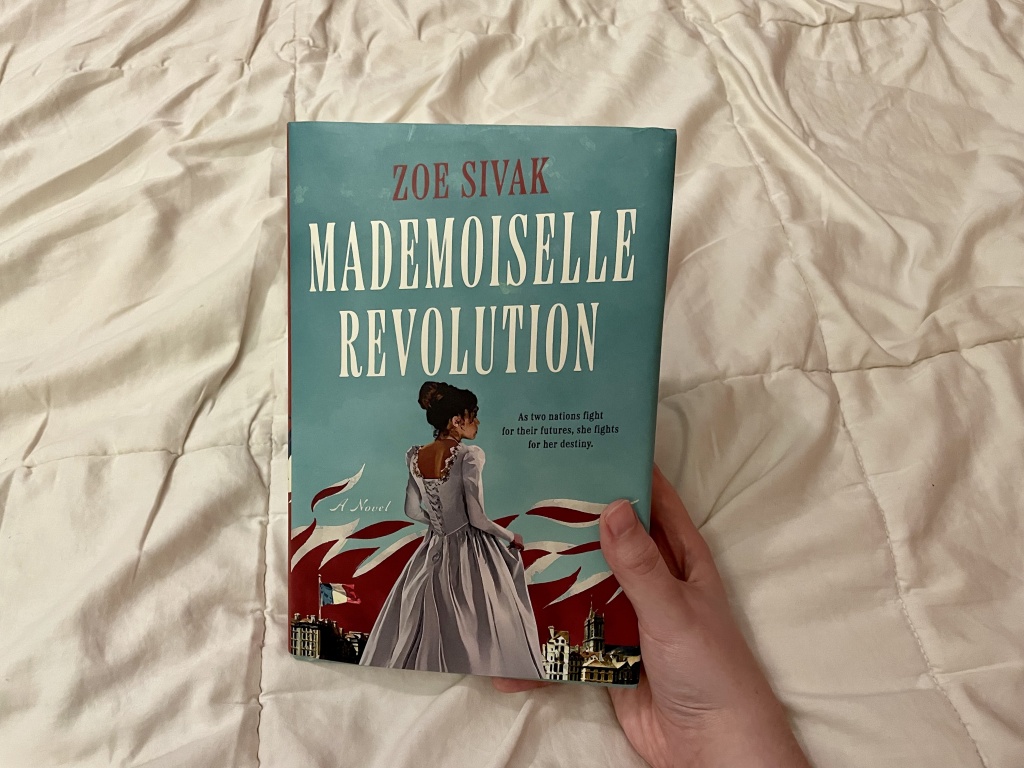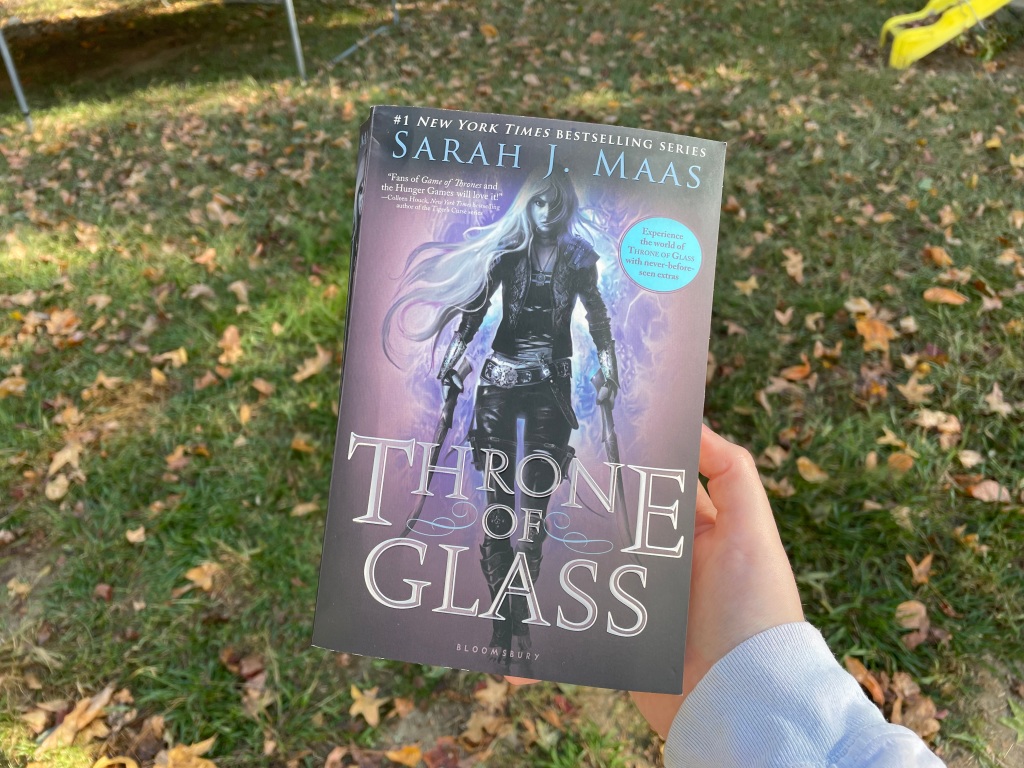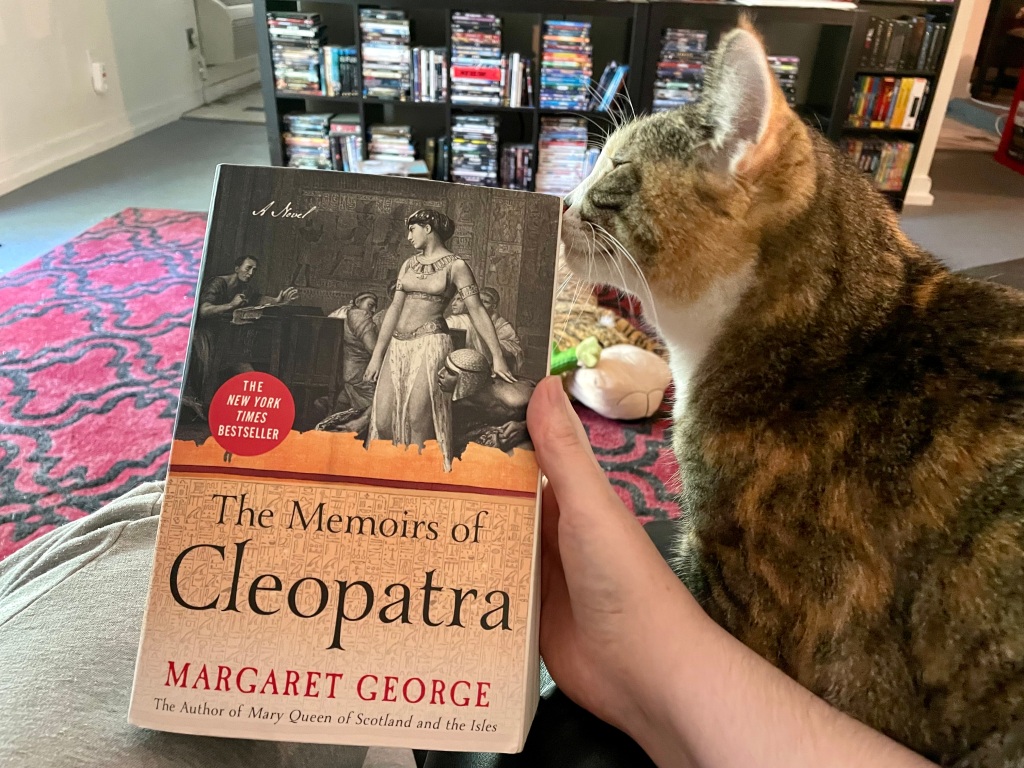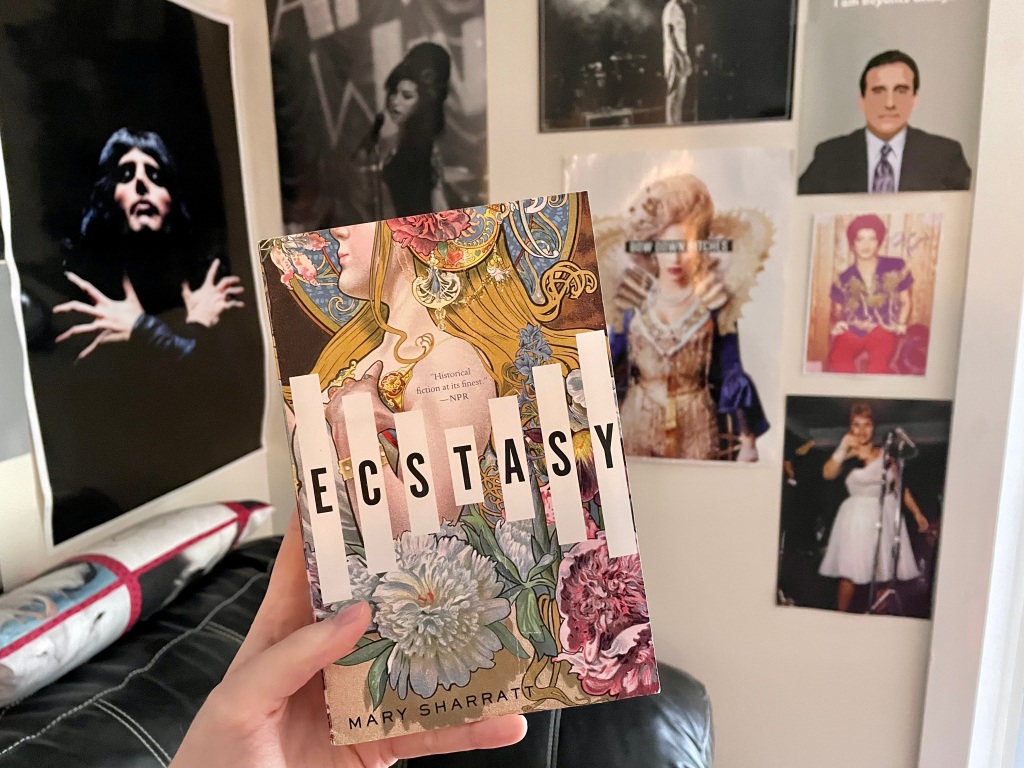The Memoirs of Cleopatra by Margaret George
Rating: ⭐️⭐️⭐️⭐️⭐️/5
Margaret George’s The Memoirs of Cleopatra tackle the difficult task of telling the story of Cleopatra’s life. The last Ptolemy to rule Egypt. The great Queen of Egypt. Cleopatra was not only a clever Queen but also a mother and woman who loved two powerful Roman commanders. She faced many challenges before and during her rule. Writing this novel had to have been daunting, but George pulled it off beautifully.
The Memoirs of Cleopatra is written as if Cleopatra is writing her life story on scrolls for someone to read once she is gone from the world. She wanted her truth written to combat others’ versions of Cleopatra. I enjoyed George’s choice to write out Cleopatra’s life this way. It gave a more personal feel to the novel. I especially loved how the story is so highly detailed. This is a 900+ novel filled with every possible observation, small or large, that made up Cleopatra’s daily ongoings and significant life events.
I deeply admire the Cleopatra presented in The Memoirs of Cleopatra. You can see how clever and curious she is from a young age. Her ability to soak up knowledge like a sponge is one of my favorite qualities of Cleopatra. Once she came into power, Cleopatra’s pure perseverance and durability were what made her the ruler she was. Every choice she made in the novel was to keep Egypt safe and prospering. Her love for her country. George made it clear that although Cleopatra was a fighter in spirit, she was also a true lover. I loved reading about Cleopatra as a mother. It was apparent that she was a devoted mother and only wanted the best for her babies. I also appreciated the genuine friendship between her attendants, Iras, Charmian, Mardian, and Olympos.
Now with her strengths also came weaknesses that I did not like. Her ambition that emerged during her time with Caesar and kept growing afterward was my least favorite aspect of her personality. I wanted her to live a happy and peaceful life in Egypt with her children. But a ruler’s mindset can be taken over by the temptation of growing an empire for her family.
It would not be the story of Cleopatra without two men: Julius Caesar and Marc Antony. The two loves of her life. The two men were so different from one another. One is perceived to be a god among men. Another is a mortal forced into a role he did not want. Caesar came into Cleopatra’s life when she fought for her right to be Queen of Egypt. The instant connection between them was staggering to behold in written form. George somehow brought these two larger-than-life beings together in a mystical yet organic way. Cleopatra and Caesar’s tale of love was anything but ordinary. This was clear when George represented them as reincarnations of the goddess Isis and the god Amun during the two lovers’ first meeting and night together. George showed how difficult it was for Cleopatra to love a man who was not seen as a mere mortal. It was angering at times to see Caesar’s life in Rome (his wife, the Senate, Roman customs) affect Cleopatra so much. I didn’t particularly like Caesar as a love interest. He couldn’t give her the love and affection Cleopatra truly deserved. She couldn’t control who she fell in love with, and for that, she was constantly attacked for it by the Romans.
And her torture by the Roman people did not end with Caesar’s death. No. Cleopatra’s heart would lead her to one other Roman man. During the love affair with Caesar, Marc Antony did not play a huge role in The Memoirs of Cleopatra. He was here and there, but mostly just a side character, as Cleopatra ironically did not think much of him. When they met again years after Caesar’s murder, the sparks and chemistry flew off the pages. Cleopatra and Antony’s love was full of passion. Everything they did was extreme and passionate, from the love declarations to their fights.
In contrast, Caesar couldn’t give his whole self to Cleopatra. Antony was a willing servant to his love for her. He was not a perfect man, and he made mistakes, but it couldn’t be argued that Antony did not love with everything he had. Antony appreciated Cleopatra for the woman and leader she was. I loved that characteristic of him. However, Antony could be pretty toxic at moments in the novel. He was such a complex character. I sometimes wanted to hate him, but I couldn’t ignore his unadulterated devotion to Cleopatra.
Let’s not forget the worst character in the novel, Octavion. I hated him with my whole heart! I wanted to jump into the pages and beat that cowardly snake. He was the absolute worst. I have nothing nice to say about Octavion. I loved how Cleopatra won her final battle against him by tricking him and ending her life on her terms.
I undoubtedly enjoyed reading The Memoirs of Cleopatra. Every page was an adventure, and I experienced every possible emotion while reading. I would recommend this novel to historical fiction readers interested in the mystery of Queen Cleopatra.
